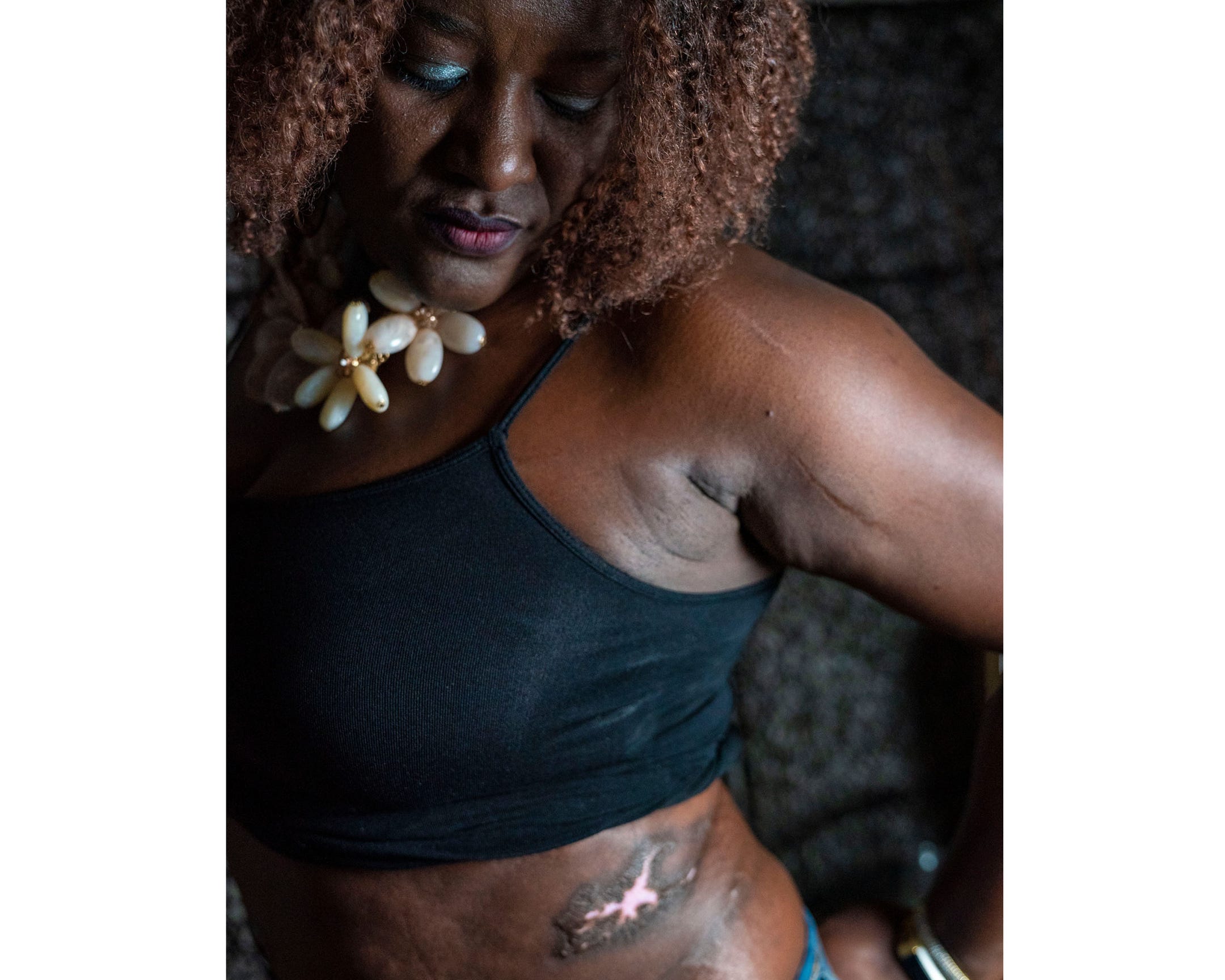Facelift Rancho Cucamonga: Turn Back the Clock with Advanced Anti-Aging Solutions
Facelift Rancho Cucamonga: Turn Back the Clock with Advanced Anti-Aging Solutions
Blog Article
The Influence of Self-Image on Decision-Making: Reasons That Several Individuals Pursue Cosmetic Surgery for Physical Change
The interaction in between self-image and decision-making is a complicated phenomenon, especially evident in the raising pattern of people choosing plastic surgery as a way of physical transformation. Inspired by a need to satisfy social expectations and individual perfects, lots of individuals come to grips with concerns of self-esteem that can dramatically impact their options. As exterior pressures from social standards and social media magnify sensations of insufficiency, a crucial concern emerges: what are the underlying psychological elements that drive this search of transformed appearances, and what ramifications do these choices hold for individual identification and wellness?
Understanding Self-Image
Self-image refers to the psychological image and perception an individual holds regarding themselves, including facets such as physical look, characteristic, and overall self-respect - mommy makeover rancho cucamonga. This interior depiction substantially affects just how people connect with the globe and can be a driving pressure behind numerous life selections, consisting of the choice to undertake plastic surgery
A positive self-image frequently correlates with higher self-esteem and a sense of self-confidence, cultivating an aggressive strategy to life. Alternatively, an adverse self-image might cause feelings of inadequacy and dissatisfaction, prompting people to look for outside services to perceived flaws. This pursuit for renovation can show up in the wish for physical change through cosmetic treatments.
Additionally, social influences and societal standards play a crucial duty in shaping self-image. The pervasive nature of media and peer contrasts can magnify feelings of instability, inspiring individuals to modify their appearance in pursuit of approval or approval. Understanding these characteristics is vital in comprehending the inspirations behind cosmetic surgical treatment. Ultimately, self-image is a complex construct that intertwines with emotional wellness, social expectations, and personal aspirations, making it a critical consider the decision-making process relating to cosmetic enhancements.
Emotional Aspects at Play
Numerous mental variables influence a person's choice to go after cosmetic surgical procedure, typically rooted in much deeper cognitive and emotional procedures. One significant aspect is reduced self-esteem, which may develop from negative self-perceptions or dissatisfaction with one's look. People with diminished self-respect might think that altering their physical features will boost their total value and acceptance in social contexts.
Furthermore, the idea of body dysmorphic problem (BDD) plays an essential function. People experiencing BDD experience a compulsive focus on perceived defects in their appearance, leading them to look for medical treatment as a solution. This compulsive desire for change can substantially misshape their self-image, driving them to seek treatments regardless of the potential for adverse outcomes.

Social Pressures and Expectations
A substantial impact on individuals' decisions to undertake plastic surgery comes from societal stress and assumptions that suffuse contemporary society. In an age controlled by social media sites and continuous visual direct exposure, idealized standards of elegance are often showcased, creating a prevalent atmosphere where physical appearance is intensely looked at. Such requirements typically dictate what is taken into consideration attractive, leading people to feel compelled to comply with these ideals.
In addition, the normalization of cosmetic improvements in pop culture even more exacerbates these stress - mommy makeover rancho cucamonga. Celebrities and influencers openly discussing their procedures can develop a perception that such changes are not only acceptable yet desirable. This sensation can engender feelings of insufficiency in individuals who might feel their natural appearance does not straighten with societal criteria
In addition, the influence of peer teams can not be forgotten. Individuals may come across indirect or direct stress from friends or household, bring about a communal validation of cosmetic surgical procedure as an acceptable ways to accomplish an idyllic self-image. Consequently, these societal expectations can dramatically impact personal decision-making processes, commonly outweighing intrinsic motivations for self-improvement and promoting a society where physical makeover is sought as a remedy for perceived drawbacks.

Case Research Studies and Individual Stories
Several people have shared their personal journeys regarding cosmetic surgical treatment, exposing an intricate interaction between self-perception and societal impacts. For example, a 34-year-old woman described just how years of sensation inadequate because of her nose led her to look for nose job. She reported that after the procedure, her self-confidence surged, allowing her to involve click for more info more freely in social scenarios and advance her career. Yet, she recognized that her choice was greatly influenced by media portrayals of charm.
In a similar way, a male individual in his late twenties recounted his battle with body dysmorphic disorder, which motivated him to seek liposuction. His experience highlighted not only a desire for physical makeover but likewise an aspiration for approval amongst peers. Post-surgery, he revealed a renewed sense of self-worth, albeit with the awareness that interior validation ought to precede outside changes.
These study highlight a wider pattern: people commonly view plastic surgery as a pathway to enhanced self-image. Nonetheless, the stories likewise reveal an important point of view on the pressures and assumptions that shape these decisions, suggesting that individual tales are deeply linked with social norms and worths.
Alternatives to Cosmetic Surgery

Skin care therapies, including chemical peels and microdermabrasion, can boost skin appearance and tone, attending to problems like acne marks or unequal coloring. Furthermore, laser treatment is an efficient approach for targeting details skin problems, such as sun damages or vascular lesions, advertising an extra younger appearance.
For those looking for body makeover, non-invasive fat decrease techniques like CoolSculpting can assist eliminate persistent fat down payments without surgery. Health and fitness programs and nutritional therapy are likewise essential devices for people intending to attain a much healthier body picture. Ultimately, these options can provide substantial results while lining up with personal convenience degrees and preferences, fostering a favorable self-image without the permanence of cosmetic surgery.
Final Thought
People often look for physical transformation in an effort to boost self-esteem and line up with viewed standards of charm. By discovering choices and cultivating a much healthier self-image, people might locate much more sustainable pathways to find out here now self-acceptance and health.
The interplay between self-image and decision-making is a complicated phenomenon, specifically obvious in the boosting trend of people choosing for cosmetic surgery as a method of physical change.Many psychological aspects affect an individual's decision to seek cosmetic surgical treatment, typically rooted in deeper cognitive and psychological processes.A considerable impact on individuals' choices to undergo cosmetic surgery stems from societal stress and assumptions that suffuse contemporary culture. People may encounter indirect or straight stress from close friends or household, leading to a common recognition of cosmetic surgical procedure as an appropriate means to attain an idealized self-image.Several individuals have shared their individual journeys pertaining to cosmetic surgical treatment, disclosing a complicated interaction between self-perception and social influences.
Report this page